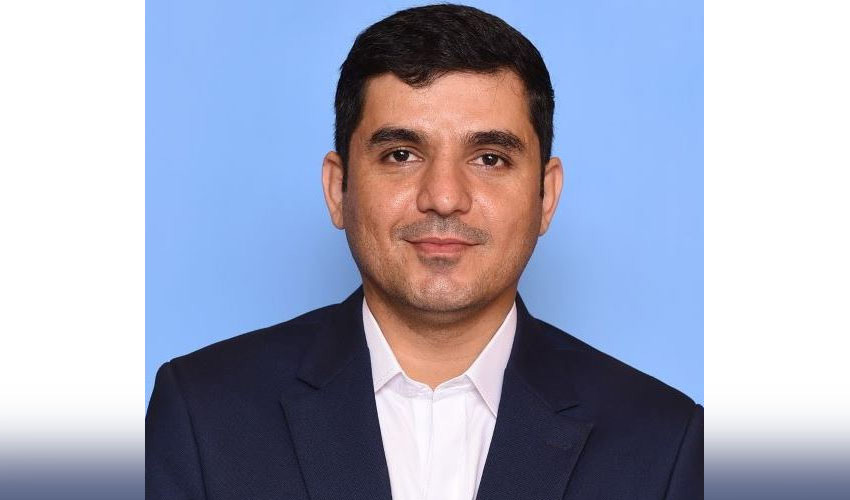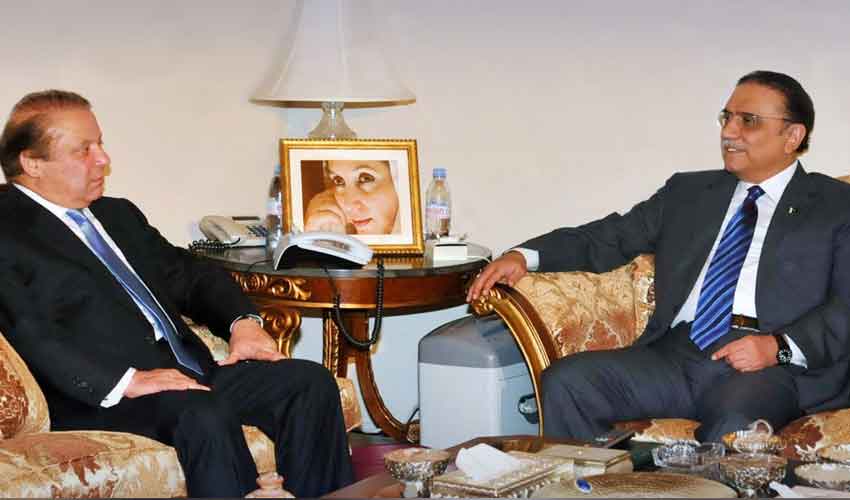The Supreme Court of Pakistan nullified the Election Commission of Pakistan's (ECP) decision to de-seat Adil Bazai, granting his appeal against the ruling. A three-member bench led by Justice Mansoor Ali Shah announced the decision.
During the hearing, the bench raised serious concerns about the ECP's procedural handling of the case. Justice Ayesha Malik questioned the lack of a thorough inquiry by the commission, stating, “What inquiry did the commission conduct to ascertain the facts in Adil Bazai's case?”
Justice Aqeel Abbasi criticized the ECP’s approach, remarking, “You cannot de-seat someone just because a senior official sends a letter.” Justice Mansoor Ali Shah emphasized, “The standard for disenfranchising the electorate of a constituency must be stringent.”
Arguments from Bazai’s Counsel
Adil Bazai’s counsel, Sardar Taimoor, argued that the ECP had acted hastily, stating, “The matter was taken up by the ECP one day and proceedings began the next.” He further revealed that his team approached the Balochistan High Court to obtain the relevant documents but was informed by the ECP that they were classified.
Justice Ayesha Malik questioned the validity of affidavits submitted during the case, highlighting discrepancies, “One affidavit claims the seat, while the other denies it. On what authority did the ECP validate one without proper inquiry?”
ECP's representative summoned
The court summoned the ECP's Director General of Law to provide clarification. Justice Malik asked pointedly, “Can the ECP simply dismiss an affidavit because it dislikes it and accept another without proper scrutiny?”
With these observations, the Supreme Court ruled in favor of Adil Bazai, overturning the ECP's decision and reinstating his National Assembly seat.



























